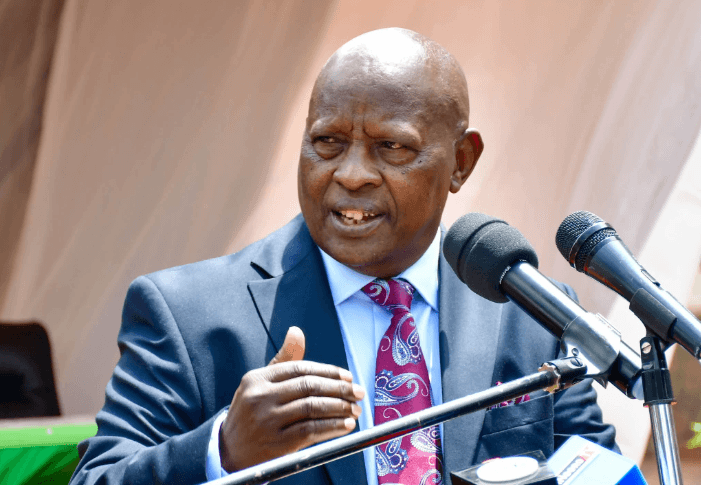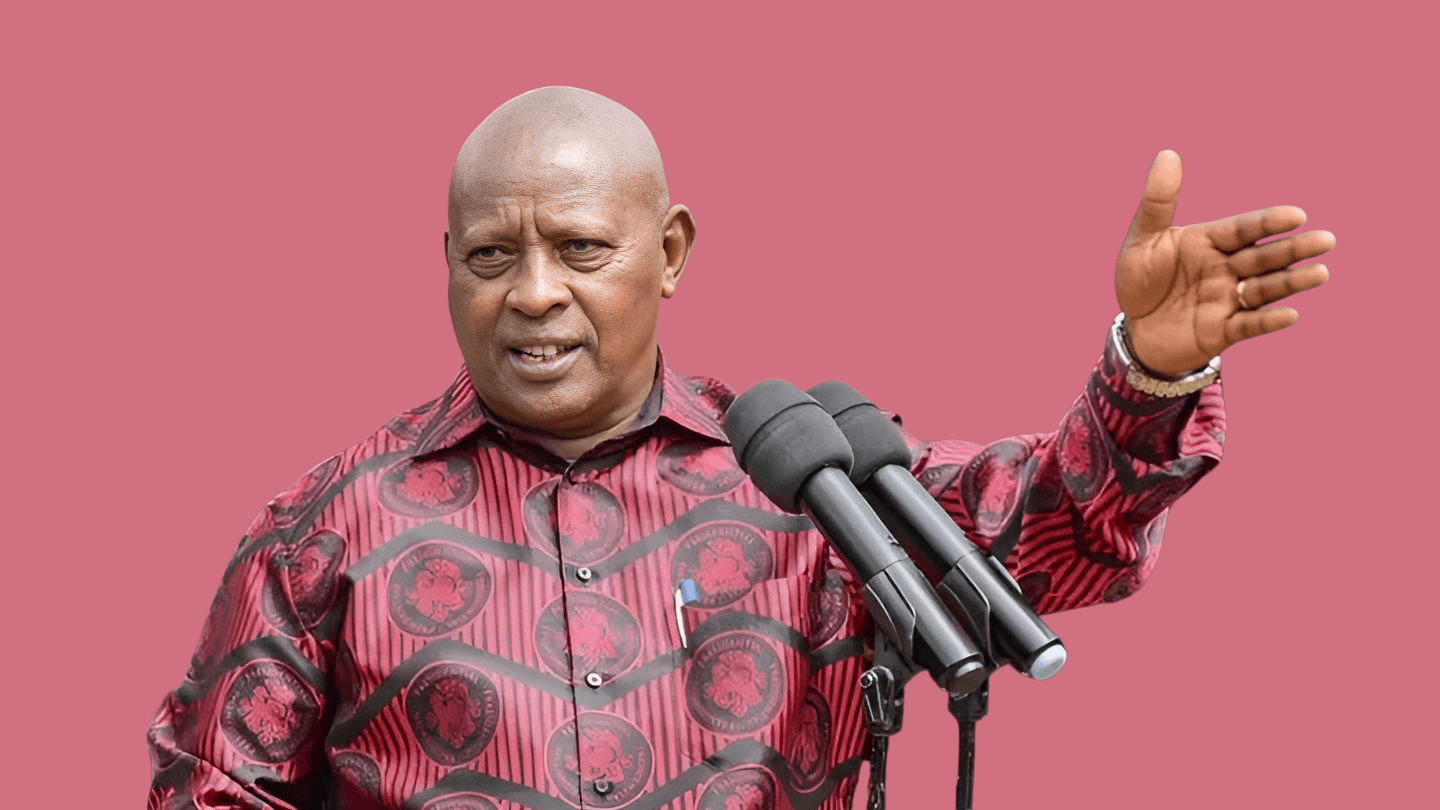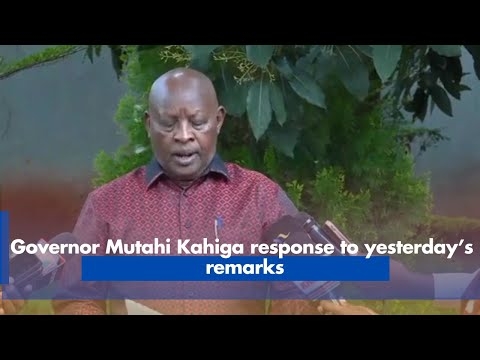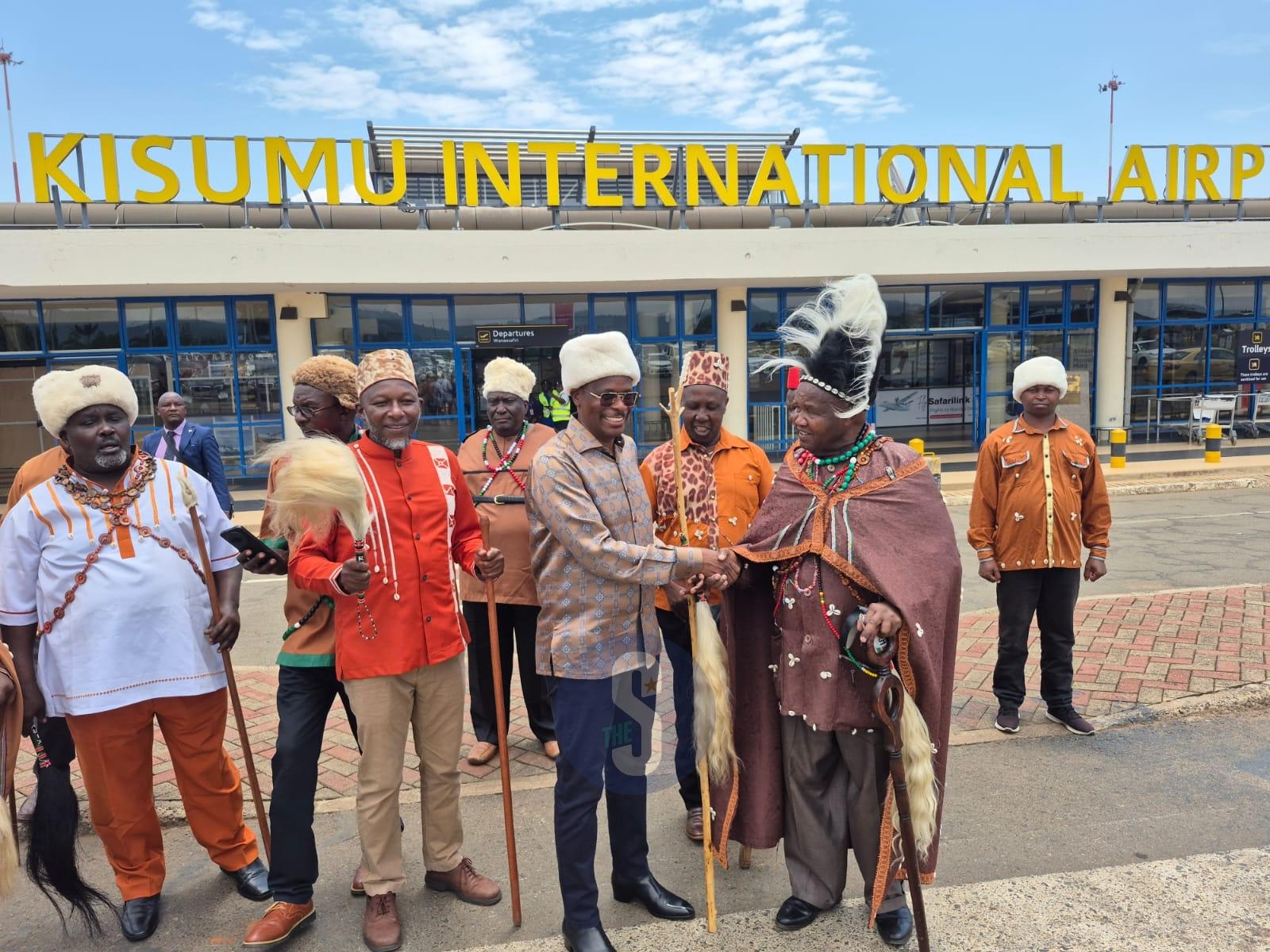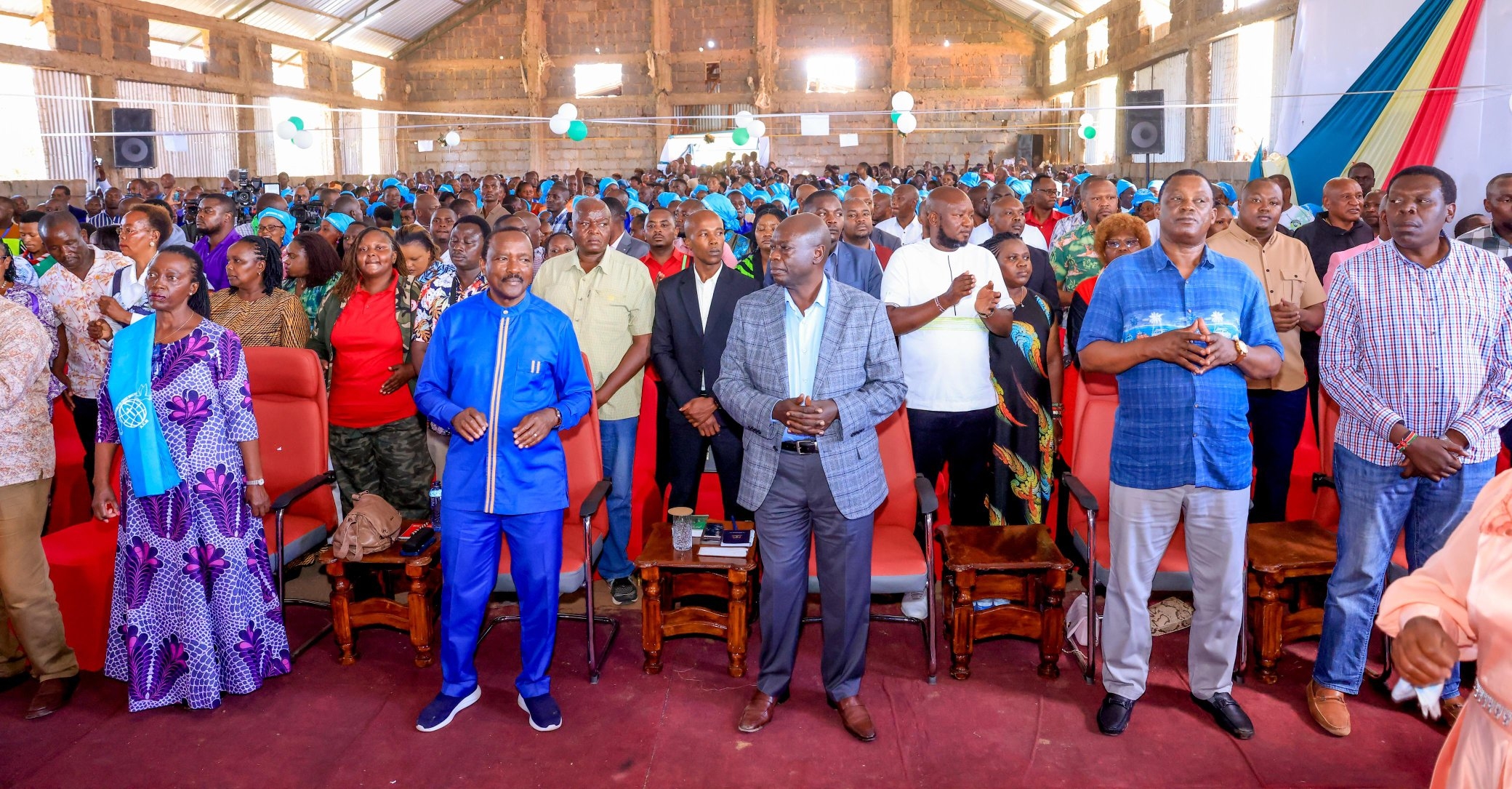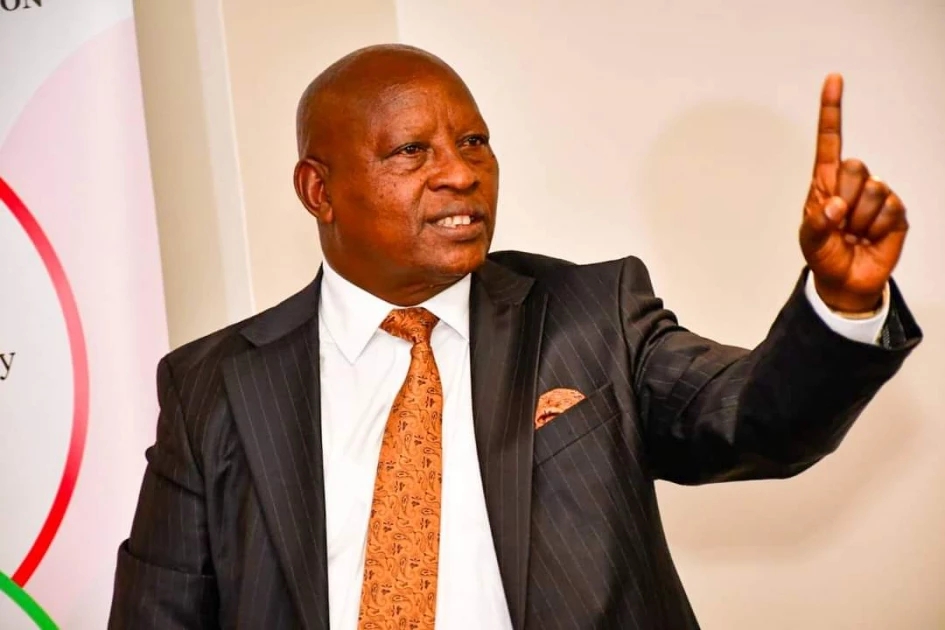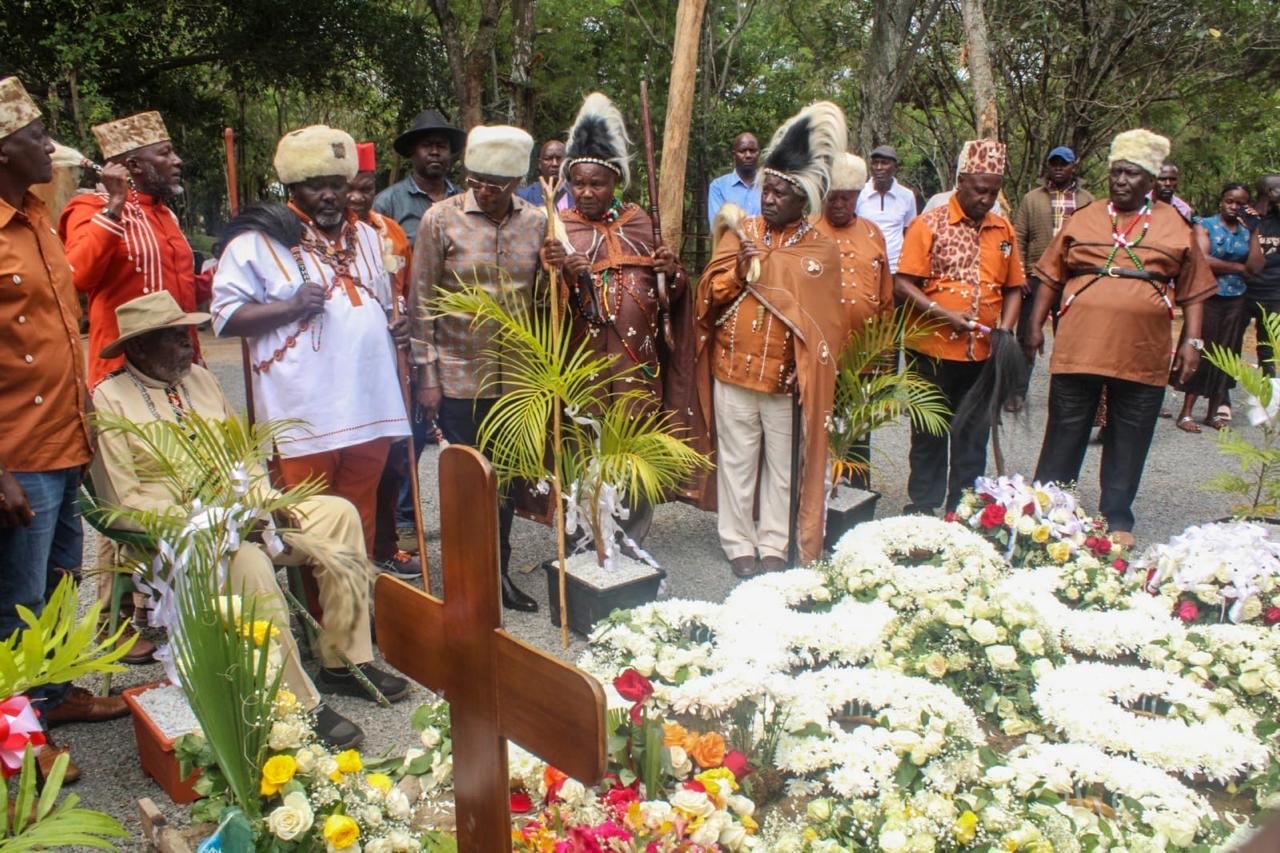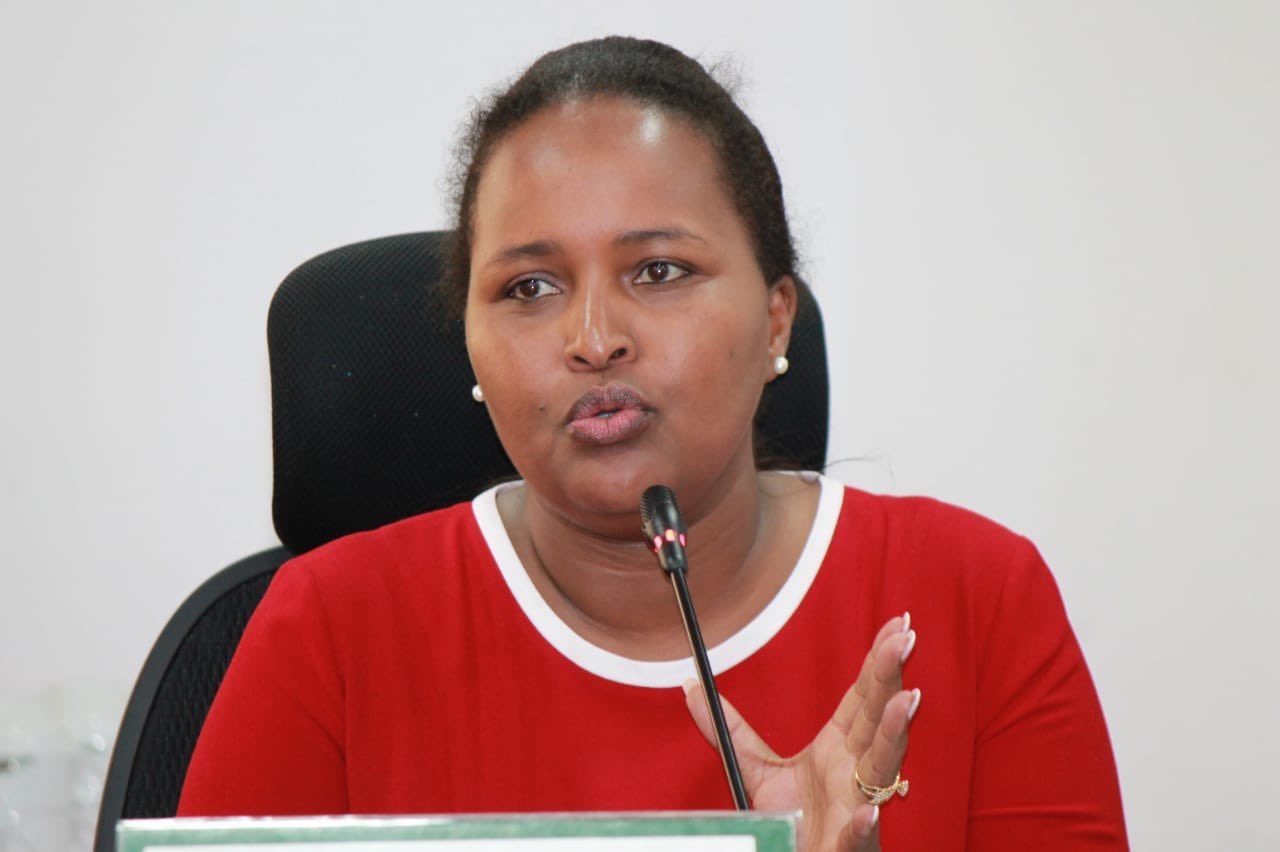Just who were the biological parents of the children found at a house owned by controversial televangelist Gilbert Deya a decade ago?
Could it be that they were indeed miracle babies? Or the miracle was just a hoax intended to hoodwink followers of Deya’s Ministries?
Deya, who had been charged with stealing the children, was acquitted in June this year for lack of evidence after investigators in the case failed to link him to the allegations levelled against him.
But even as this burden was lifted off his shoulders, the identity of these children remained an enigma.
The then-retired Commissioner of Police Lilian Kiamba tried to unravel the puzzle during the investigations stage but was unsuccessful.
She placed an advert in the press in a bid to establish the parents of the children.
Over 100 persons laid a claim over the recovered children but none was found to be their biological parents. No complainant ever testified in the case claiming any of the children.
At the onset of his judgement, Senior Principal Magistrate Robinson Ondieki who handled the case held that the question of historicity of miracle babies has elicited many speculations.
This question he said is in itself the greatest enigma to many and the heaviest cross for the intellect to bear.
“There are two schools of thought in respect and while the first one holds the view that the term miracle babies is just an illusion, the other school of Christians are of divergent thought,” he said
“They find that performing miracles is one of the gifts of the Holy Spirit as recorded in various books of the bible.”
Ondieki in his judgement cited a number of biblical provisions to attest to the subject of miracle babies.
One was that of Mary the mother of Jesus who bore Jesus at the behest of the Holy Spirit when she was espoused to Joseph.
Then he came to the birth of Samson. His mother who was barren had an angelic visitation. The Angel said she would bear a son who would deliver the children of Israel who had been taken into captivity by the Philistines for 40 years.
The magistrate cited these provisions to demonstrate that miracles do exist and that indeed miracle babies have been born at a request to God or caused to be born suo motto. (on its own initiative)
“That is all I can mention on miracle babies and so whether one proclaims to have the gift of miracles or not, is another story altogether,” he said.
From 2017
The case against Deya hadbeen in court since 2017. This is the year his trial commenced after being extradited from the United Kingdom.
He faced charges of stealing five children all under the age of 14 years between 2002 and 2004 at Mountain View Estate. The charge attracts an imprisonment of seven years.
Corporal Emmanuel Kiptoo who was the prosecution's fourteenth witness narrated how he travelled all the way to the UK to execute an extradition order for Deya.
Kiptoo at the time was attached to DCI offices-Child Protection Unit.
In August 2017, he travelled to the UK in the company of another officer where they met Detective Constable Matt Wakstaff of Metropolitan Police at Heathrow International Airport.
They came back and processed Deya by taking his fingerprints and booked him at Muthaiga Police Station.
He was later taken to a government chemist to obtain blood samples for DNA analysis.
It was the witness testimony that when the allegations of the children being stolen, Deya was in the country and that is what prompted him to flee. This was between 2022 and 2004.
His ex-wife had faced similar charges at a Kibera court but was later acquitted.
Kiptoo was among the 26 prosecution witnesses who testified in the case. Others were registration of birth officers, and doctors.
The prosecution claimed to have proved their case beyond reasonable doubt.
The state sought to rely on circumstantial evidence in proving the charges against the accused and heavily relied on the fact that the children were recovered from House No 226 jointly owned by Deya and Mary Deya.
Further, the state referred to the birth registration forms and birth certificates which bore the name of the accused as the father as part of the indirect evidence linking the accused to the children.
But in his defence, Deya said he had no idea who the subject children in the case were and how they came to his house. He was in the UK when the recovery was done.
He told the court that he had never instructed anybody to have children registered in his name and that the women found in his house were without his consent.
According to Section 12 of the Births and Registration Act, no person shall be entered in the register as the father of any child except either at the joint request of the father and mother or upon the production to the register of such evidence as he may require that the father and mother were married according to law.
Mountain View house number 226
He admitted to owning the house at Mountain View No 226 where the children were recovered. Those present in the house at the time were Mary Deya, Rose Kiserem and Miriam Nyeki.
The house was registered in Deya’s name and that of his ex-wife. But the two separated. Mary was his wife till 2017 when they separated through a divorce.
Deya said whenever he came to Kenya, he would spend time in house No 226 or at a rural home but did not see the alleged children in the house.
He submitted that the prosecution failed to prove their case beyond reasonable doubt.
He said in respect to the entries in the birth certificate, there was no evidence that he consented to his name being used on the birth certificate.
His lawyer John Swaka attacked the charges on the ground that they do not disclose the complainant as an offence of this nature, there must be a complainant from whom theft was stolen.
“However, no parent or guardian has come forward to testify or claim the subject children,” he said.
In his analysis, the magistrate said he was cognizant of the defence submissions that there was no complainant who testified in the matter claiming any of the children.
On who was the complainant in the case, the court opined that the Republic of Kenya is the ‘general’ complainant who in this case is represented by the prosecutor.
Undeniably, the court observed that the children were collected from the Mountain View house while in possession of Mary Deya but in the absence of Gilbert Deya.
Deya was in the UK at the time the children were recovered from his house. The prosecution's case according to the court was that Deya being a co-lessee of the house was constructively in possession of the children.
The magistrate said the fact that Deya travelled frequently into the country does not necessarily infer that he had come to steal the subject children or abet crime.
“so that even if he went to his house upon coming into the country, that is not a basis to infer that he knew the children were in the house,” said Ondieki.
Prosecution fail to prove their case
The magistrate gave a scenario to buttress his finding.
“Suppose Mary Deya had joined a certain cult without the knowledge of the accused and assuming that the accused was jetting into the country with her knowledge, would she still retain the subject children in the house?”
The court held that travelling into the country per se and going into the house or not is not a substitute for linking knowledge on the part of the accused.
The court observed that if the prosecution had produced the three ladies found at Deya's house as witnesses, then they would have shed light on the relationship of the accused to the children and how they landed in that house.
The prosecution, he said, is obliged to call all witnesses who are necessary to establish the truth in a case even though some of those witnesses’ evidence may be adverse to the prosecution's case.
“None of the three ladies were called as witnesses to give an account of how the children landed in that house,” he said.
Also, the fact that Deya was in the UK at the time the children were recovered from the Mountain View house, meant that he raised a defence of alibi.
An alibi is a claim or piece of evidence that one was elsewhere when a criminal act is alleged to have taken place.
“The prosecution did not rebut the accused’s defence on alibi. I say this because the indirect evidence to connect the accused to the offences was wanting. The burden of proof remained with the prosecution to disapprove the alibi,” said the magistrate.
“Ultimately, I find that the prosecution have not proved their case in all the counts beyond reasonable doubt and I acquit the accused person in all the counts and set him free unless lawfully held back."


